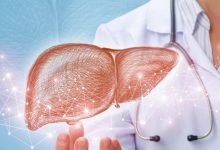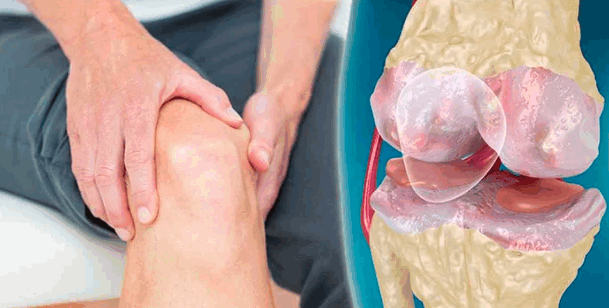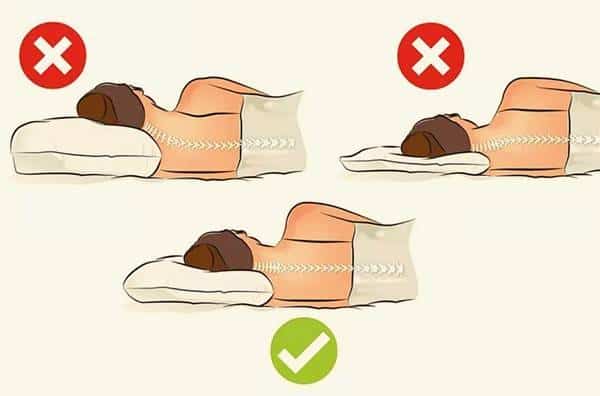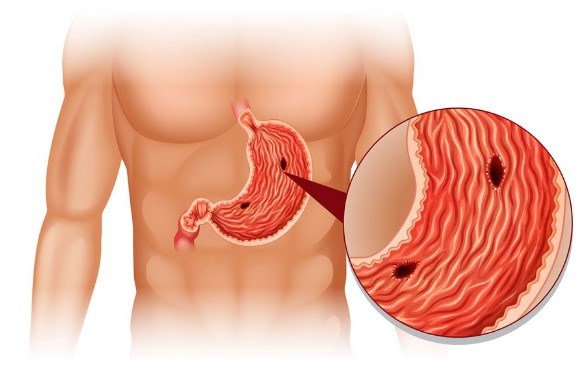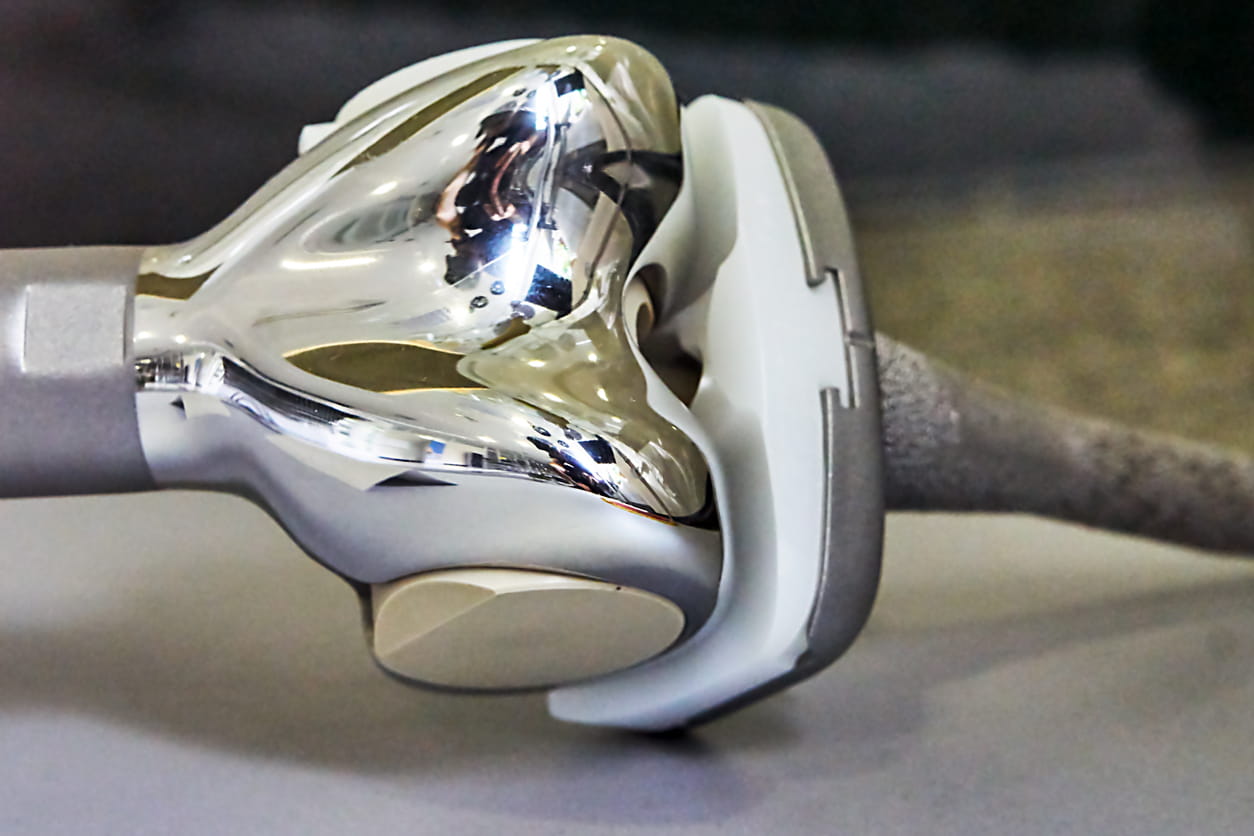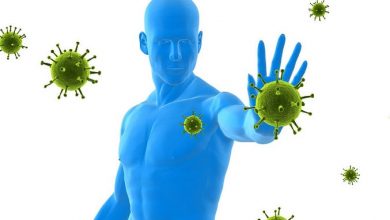Everything about open heart surgery and beyond
Open heart surgery is a heart surgery where the chest is cut and opened, and surgery is performed on the heart muscle and arteries. According to studies, this type of surgery may also be performed on young people.
During surgery, a healthy vein that is attached to a blocked vein is sampled. This allows the blocked artery to have more space for fresh blood to flow. Open heart surgery is sometimes referred to as traditional heart surgery. Many heart surgery procedures these days are performed with just a small incision.

When is open-heart surgery needed?
Open heart surgery requires sampling and is essential for people with coronary artery disease. In this disease, the heart’s blood vessels, which provide enough oxygen to the heart, become narrow and narrow, making it difficult for blood to pass through them.
This happens most when the fat in the heart wall increases, the arteries become narrow, and they cannot get enough blood to the heart. A heart attack will occur when the blood flow in the heart’s arteries is not correct enough.
Open heart surgery is also performed for the problems that we will mention in the following section:
- Repair or replace heart valves that allow blood to flow.
- Repair abnormal and damaged areas of the heart.
- Use implant accessories that help your heartbeat correctly.
- Heart transplant
- Angioplasty (opening the arteries of the heart)
- Bypass surgery
- Repair of congenital heart defects in infants
- Unblock the arteries leading to the heart
- Cause of open-heart surgery
How is open-heart surgery performed?
This surgery takes about three to six hours. The following steps usually occur during that time:
Anesthesia
Open heart surgery may take between 4 and 6 hours. The patient undergoes general anesthesia. This anesthesia ensures that you are completely asleep and will not feel any pain during the surgery.
Chest incision
The surgeon cuts all or part of the chest bones to access the heart. During this procedure, the surgeon cuts about 20 to 25 centimeters of the chest. It then cuts the entire breastbone to reach the heart.
When the surgeon reaches the heart, the patient is connected to a heart muscle simulator. This device removes blood from the heart, so the surgeon continues to work. Newer surgeries do not require these devices.
It then seeks help from a healthy vessel around the blocked vessel.
The surgeon then closes the breast bone with a wire and leaves the wire inside the body, and then the incision is sutured. Sometimes sternal plating is done for people at risk, such as the elderly or people who have had multiple surgeries. This is when the breasts are reattached with small sheets of titanium after surgery.
Sometimes the work does not end there, and the person needs several other surgeries to solve the problem.

What are the risks associated with open-heart surgery?
- Chest ulcer infection is common in obese people with diabetes.
- Heart attack or stroke
- Irregular heartbeat
- Kidney or lung failure
- Chest pain and low fever
- Decreased memory
- Blood coagulation
- Anemia
- Difficulty breathing
- Pneumonia
- Bleeding after open-heart surgery
- Ischemic heart damage
- Death
- blood clotting
- Cardiac tamponade
- Blood loss
- Using a cardiac surgery machine while working increases the risk of open-heart surgery. These risks include stroke and nerve surgery.
How to prepare for open-heart surgery?
Be sure to talk to your doctor about medications, painkillers, vitamins, and even herbal remedies. Inform them of any illness such as fever, flu, cold, etc.
Your doctor may ask you to quit smoking two weeks before surgery and not take blood-thinning medications such as aspirin, ibuprofen, or naproxen.
No alcohol should be consumed before surgery because it increases the risk of surgery failure and death, and seizures.
Recently, doctors are asking patients to wash with special soap before surgery. This soap kills bacteria on the skin, reduces the risk of infection after surgery, and asks you not to eat anything the night before surgery.
What happens after open-heart surgery?
When you wake up after surgery, you will see two or three tubes inside your chest. These tubes help you draw out fluids around your heart, and the serum connects to you to supply body fluids. A thin tube will also be attached to you to urinate.
A device will also be attached to show you your heart rate. Nurses are also around to monitor your condition.
The first night you must stay in the intensive care unit and ICU, and then in the next three to seven days, you will be taken to the ward.

recovery
The days after the operation at home, you should take good care of yourself to not have the slightest problem.
Suture care
Taking care of the cut is one of the most critical care. It would help if you kept this place warm and dry, wash your hands before and after touching it. If your stitches heal and there are no infections, you can take a shower.
Of course, your shower should not take more than ten minutes. Also, the suture site should not come into direct contact with water. If you notice signs of infection, be sure to disinfect the surgical site.
Symptoms of infection include:
- Increase fluid removed from the incision site
- Wound opening and incision
- Leakage from the cut
- Redness around the cut
- Heat around the cutting line
- Fever
- How to control pain
How you manage your postoperative pain speeds up your recovery and reduces the risk of pneumonia or blood clotting problems. In these cases, muscle pain, sore throat, pain in the incision area, and existing pain due to tubes’ presence usually increase.
Your doctor will also prescribe painkillers when you are at home and advise you to take medicine before bed and before physical activity.
Medication after open-heart surgery:
Get enough sleep
Some patients have trouble sleeping after open-heart surgery, but you should rest as much as you can.
To sleep better, do the following:
- Take painkillers half an hour before bedtime.
- Be sure to use a suitable pillow that is comfortable in height.
- Avoid caffeine even in the evening.
Some experts in the past believed that open heart surgery reduces the function of the mind. Of course, this is not due to heart disease or surgery. This is because this surgery is mostly done for older people, and the reason for the decrease in memory and mental function in them is aging. Some people experience problems such as depression or anxiety after this surgery. In such cases, having a psychotherapist is very useful.

Rehabilitation
Most people use rehabilitation programs several times a week after open-heart surgery. Rehabilitation programs include exercise, reducing risk factors, stress, anxiety, and depression.
Cardiac rehabilitation is a treatment program that includes specific exercises and training. This program is different for each person and is designed to improve his heart function according to his condition. This program continues under the supervision of a doctor, and the patient at home must also carry out this program to improve his condition.
A long-term look at open heart surgery
Your recovery after this surgery is gradual. It may take six weeks for you to feel better gradually, and it may take six months for you to recover fully.
The positive effects of this surgery will remain with you forever. Of course, this surgery will not prevent further blockages of the heart vessels. Still, taking into account the cases mentioned in the continuation of this part of moist health will reduce the possibility of getting it. :
- healthy diet
- Reduce consumption of foods high in salt, fat, and sugar
- More physical activity
- Not smoking
- Control of high blood pressure and cholesterol
- stress management.
Also Read :
Thalassemia; Evaluation of symptoms, causes, and treatment methods
The advantages and disadvantages of blood donation that you should know
Why do I have nightmares, and what can I do to relieve these disturbing dreams?


